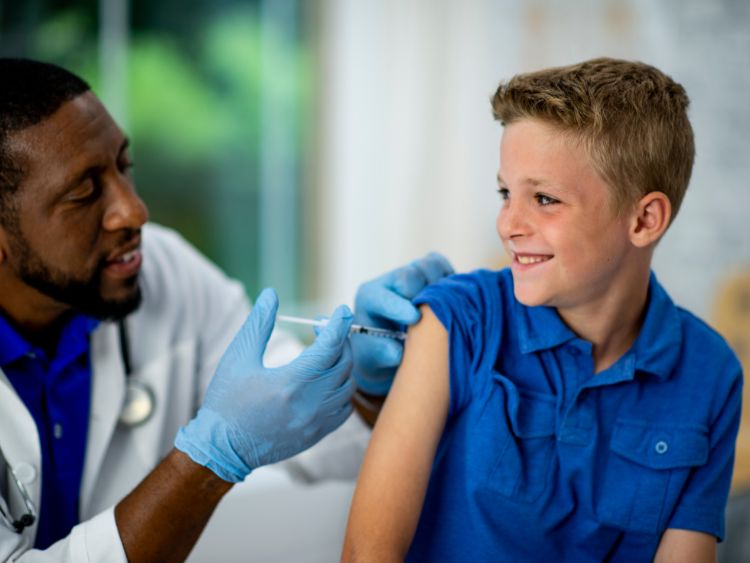In today’s fast-paced world, access to quality healthcare is essential. Enter Community Health Partners, a network of healthcare providers dedicated to offering affordable and comprehensive care to underserved populations. But what exactly makes these partnerships so critical to the healthcare system? Let’s dive in and explore how they play a pivotal role in improving the health and well-being of communities.
What Are Community Health Partners?
Community health partners are organizations or networks that collaborate to provide essential health services, often in underserved or rural areas. These partners can include hospitals, local clinics, government agencies, non-profits, and even private healthcare providers. The main goal of such partnerships is to ensure everyone, regardless of their income or location, can access quality healthcare services.
In simpler terms, community health partners focus on filling the gaps in the healthcare system, making it more inclusive and accessible. They’re often the unsung heroes who offer primary care, preventive services, and chronic disease management to populations that might otherwise go without.
The Importance of Community Health Partners
Now, you might be wondering, “Why are community health partners so important?” The truth is, without these partnerships, many individuals, especially in low-income or rural areas, would struggle to get basic healthcare services. Here’s why community health partners are vital:
- Improved Access to Healthcare
Not everyone lives near a hospital or has insurance. Community health partners bridge that gap by offering accessible healthcare options, bringing services like check-ups, vaccinations, and health education closer to home. - Affordable Services
For many families, healthcare costs are a major burden. These partners work to make services more affordable by offering sliding-scale fees based on income, ensuring no one is left without care. - Comprehensive Care
It’s not just about treating illnesses; it’s about preventive care too. Community health partners focus on wellness programs, mental health services, and managing chronic conditions like diabetes or heart disease.
How Do Community Health Partnerships Work?
At their core, community health partners rely on collaboration. But how does this collaboration work in practice?
- Local Clinics & Hospitals
Local clinics often team up with larger hospitals to extend healthcare services. For example, a clinic in a rural area might partner with a major hospital in the nearest city to offer specialized care via telemedicine. - Non-Profit Organizations
Non-profits are key players in many community health partnerships. They provide vital resources like funding, volunteers, and educational programs to support healthcare initiatives. For instance, organizations like the American Heart Association may offer free screenings for high blood pressure or cholesterol at local community events. - Government & Private Sector Collaboration
Public and private sectors often join forces in these partnerships. Government agencies might provide funding or policy support, while private healthcare companies offer medical expertise and technology. Together, they work to expand healthcare services in areas where they are most needed.
The Role of Technology in Community Health Partnerships
Technology has revolutionized the way community health partners operate, particularly in reaching underserved areas. Tools like telemedicine, mobile health apps, and electronic health records (EHRs) have made it easier for patients to access care and for providers to deliver it efficiently.
- Telemedicine: Allows patients in rural areas to connect with specialists without needing to travel long distances.
- Mobile Health Apps: Help individuals track their health, set appointments, and access important health information.
- Electronic Health Records: Make it easier for healthcare providers to share patient information, improving coordination and reducing medical errors.
These innovations are game-changers, especially in areas where healthcare resources are limited.
Success Stories: How Community Health Partners Are Making a Difference
Let’s look at a few real-world examples to see how community health partners are making a tangible difference in communities.
- Project Access NOW (Portland, Oregon)
This non-profit collaborates with local health providers to offer free and low-cost healthcare to uninsured patients. They’ve successfully connected thousands of people to essential services like surgeries, diagnostic tests, and mental health counseling. - Community Health Partnership (Madison, Wisconsin)
This organization focuses on improving health equity by addressing social determinants of health. They’ve implemented programs that provide food assistance, housing support, and healthcare to low-income families. - Migrant Health Centers (Texas)
Serving agricultural workers and their families, these centers partner with local hospitals and non-profits to provide comprehensive healthcare, including prenatal care, pediatric services, and dental care.
FAQs About Community Health Partners
Q: Who can benefit from community health partners?
A: Anyone who lives in an underserved area or lacks access to affordable healthcare can benefit from community health partners. This includes low-income families, rural residents, and uninsured individuals.
Q: How can I find a community health partner near me?
A: You can search online for local clinics, non-profits, or government programs in your area that offer healthcare services. Many communities have free or low-cost health centers that are part of these partnerships.
Q: What types of services do community health partners provide?
A: Services vary but generally include primary care, preventive care (vaccinations, screenings), chronic disease management, mental health services, and sometimes dental and vision care.
Conclusion: Why Community Health Partners Matter
At the end of the day, community health partners are a lifeline for millions of people. They ensure that healthcare is not a privilege reserved for the wealthy but a right available to everyone, regardless of income or location. Through collaboration, innovation, and a deep commitment to improving public health, these partnerships are changing lives—and they’re not slowing down anytime soon.
So, the next time you’re in need of healthcare services, or you know someone who is, remember that community health partners are out there, working hard to ensure no one is left behind.

